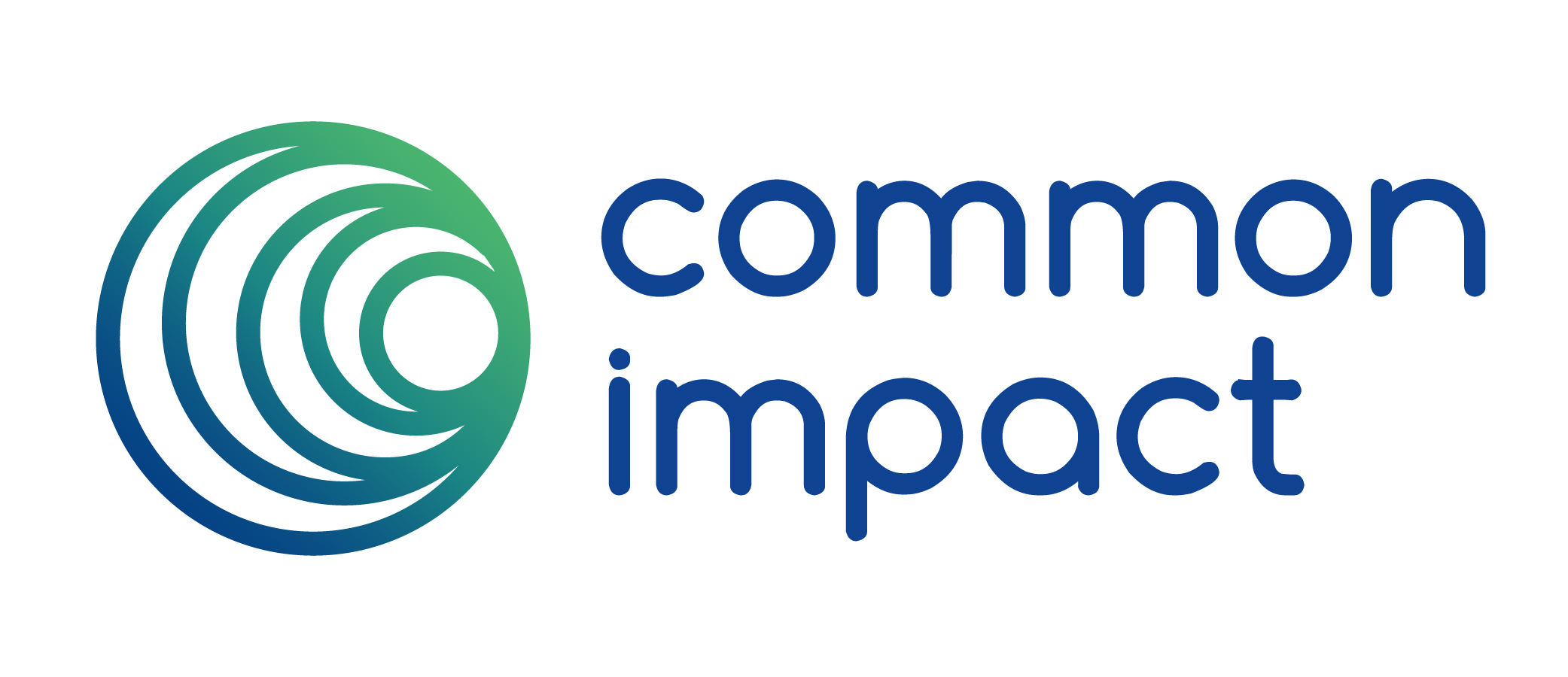Common Impact and Fidelity Investments Launch Tech Impact Day in Durham, North Carolina
One day, skills-based volunteer program provides technology support to North Carolina nonprofits

Durham, January 27, 2017 /3BL Media/ - Common Impact, a nonprofit that pioneered corporate skills-based volunteering is partnering with Fidelity Investments on its 2nd wide scale day of service designed to build the technical infrastructure and know-how of nonprofits in the Raleigh-Durham area. Tech Impact Day will bring together 125 Fidelity technologists to design data, networking and web strategies for 14 local nonprofits, resulting in an anticipated investment of more than $100,000.
“Nonprofits have very limited funding for the technology infrastructure that enables their programs to run and scale efficiently” shared Danielle Holly, Common Impact’s CEO. “On average nonprofits spend less than 2% of their budget on critical business functions, such as technology. Fidelity has realized the asset that their technologists represent for nonprofits in the area and are bringing them out in force.”
Fidelity Investments was an early adopter of skills-based volunteering, a model of volunteerism that is increasingly popular among companies with more than 50% of companies with established pro bono programming.[1] “Fidelity has made a significant investment in North Carolina, and we have more than 2,000 technologists in the region,” stated Chris Melia, Fidelity’s SVP and regional co leader. “Our employees recognize the transformative power of technology and are eager to user their knowledge and expertise to make a difference in the communities where they work and live.”
The Fidelity teams help provide the guidance on the technology landscape and frameworks that enable nonprofits to implement solutions that meet their requirements without unsustainable financial investment.
Tech Impact Day is designed to not only build the infrastructure of these organizations, but also the talents of the Fidelity employees that participate. Fidelity’s technology leaders view these initiatives as a way to hone the consulting, creative and client-facing skills that it needs to remain competitive in a marketplace that increasingly demands agility and adaptability. “When our employees take on nonprofits as clients, they need to think creatively about how to solve challenges with limited resources and how to create multi-dimensional solutions that consider both the business and social impact. This approach empowers our employees to be creative, innovative and adaptable, which not only develops skills that are critical to the vitality of our firm, but also to the success of today’s technologists,” said Darrell Fernandes, Fidelity’s Head of IT Strategy and Planning.
This combination of direct nonprofit impact and employee talent development has driven the recent popularity of skills-based volunteering among companies. “Companies are starting to realize that their people are their most strategic philanthropic asset, and heeding the call of the millennial workforce that demands that companies move past a singular focus on the bottom line. One of the most powerful social investments that a company can make is through pro bono programs that align employee skills to the nonprofit capacity building challenges they’re best positioned to address.”
Tech Impact Day is being held on Friday, January 27th at Fidelity’s 100 New Millennium Way, Durham location Most visible time for the media are 9-10am and 2-3pm.
About Common Impact
Common Impact is a nationally-recognized nonprofit that works to build a society in which individuals and businesses invest their unique talents towards a shared purpose: strengthening the local communities in which we live and work. Founded in 2000, Common Impact has partnered with Fortune 500 companies and hundreds of the country’s leading nonprofit organizations to create this transformational change through skills-based volunteering. Learn more about Common Impact’s services, impact, and clients.

